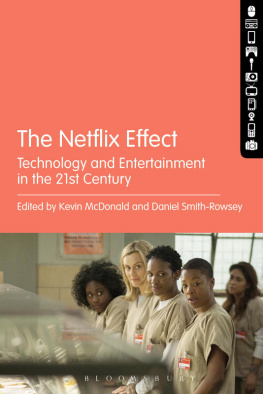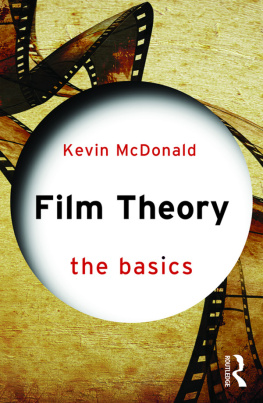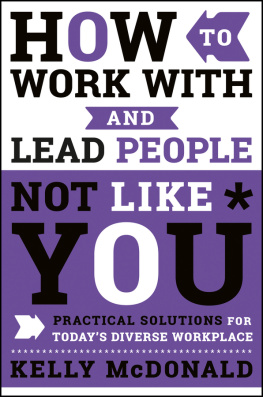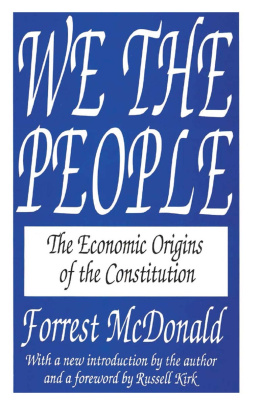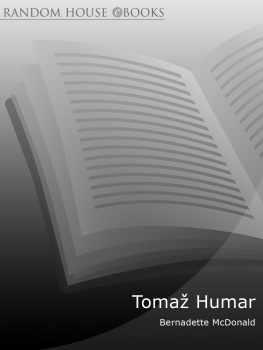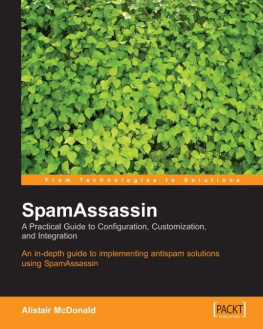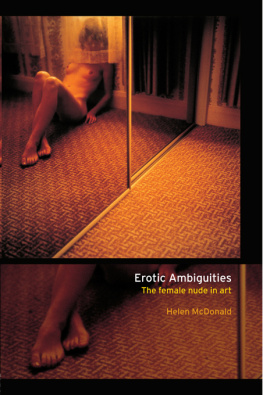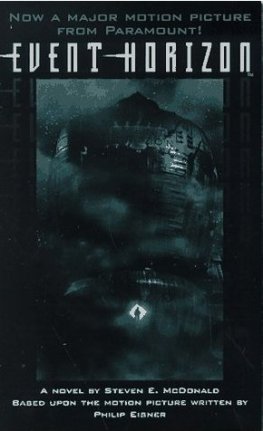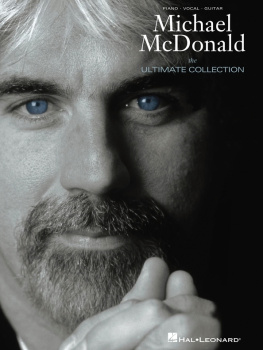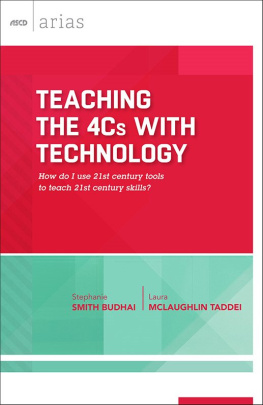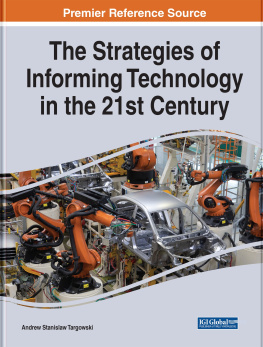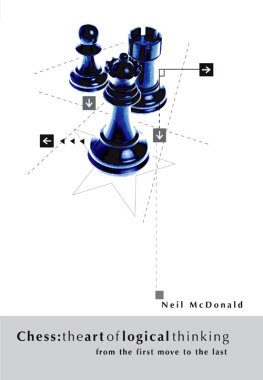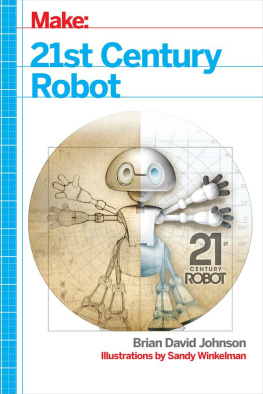McDonald - The Netflix Effect. Technology and Entertainment in the 21st Century
Here you can read online McDonald - The Netflix Effect. Technology and Entertainment in the 21st Century full text of the book (entire story) in english for free. Download pdf and epub, get meaning, cover and reviews about this ebook. year: 0, publisher: Bloomsbury, genre: Politics. Description of the work, (preface) as well as reviews are available. Best literature library LitArk.com created for fans of good reading and offers a wide selection of genres:
Romance novel
Science fiction
Adventure
Detective
Science
History
Home and family
Prose
Art
Politics
Computer
Non-fiction
Religion
Business
Children
Humor
Choose a favorite category and find really read worthwhile books. Enjoy immersion in the world of imagination, feel the emotions of the characters or learn something new for yourself, make an fascinating discovery.
The Netflix Effect. Technology and Entertainment in the 21st Century: summary, description and annotation
We offer to read an annotation, description, summary or preface (depends on what the author of the book "The Netflix Effect. Technology and Entertainment in the 21st Century" wrote himself). If you haven't found the necessary information about the book — write in the comments, we will try to find it.
The Netflix Effect. Technology and Entertainment in the 21st Century — read online for free the complete book (whole text) full work
Below is the text of the book, divided by pages. System saving the place of the last page read, allows you to conveniently read the book "The Netflix Effect. Technology and Entertainment in the 21st Century" online for free, without having to search again every time where you left off. Put a bookmark, and you can go to the page where you finished reading at any time.
Font size:
Interval:
Bookmark:
The Netflix Effect
The Netflix Effect
Technology and Entertainment
in the 21st Century
Edited by
Kevin McDonald and Daniel Smith-Rowsey
Bloomsbury Academic
An imprint of Bloomsbury Publishing Inc

This collection grew out of a series of workshops and panels held at the 2014 Society of Cinema and Media Studies annual conference in Seattle. We thank everyone who participated in those events for their interest in the topic and for the valuable insights that they provided. We also thank everyone at Bloomsbury, especially Katie Gallof, whose initial interest in the project really got the ball rolling, and Mary Al-Sayed, who diligently helped us navigate every step of the process. Of course, this collection would not have been possible without the hard work of our contributors. We sincerely thank all of them for their dedication to this project and for making Netflix such a vibrant and productive topic. Daniel would love to thank his extremely patient wife, Irena, and their wonderful kids. Kevin would like to thank Kris Fallon and Ben Stork for providing him with an opportunity at the 2011 Visible Evidence conference in New York to first think about Netflix from a critical perspective. He would also like to thank his family and Gina Giotta for their never-ending support.
Neta Alexander is a doctoral student in the Department of Cinema Studies at New York University (NYU), researching streaming technologies and digital spectatorship through the lens of failure, breakdown, and noise. She has published articles and reviews in Film Quarterly, Film Comment, and Media Fields Journal, among other venues. Her book chapters are forthcoming in the anthologies Compact Cinematics (Bloomsbury Publishing) and Anthropology and Film Festivals (Cambridge Scholars Publishing).
Sarah Arnold works for the Social TV company Axonista and previously worked as Senior Lecturer in Film and Television at Falmouth University. She is currently working on the book Television, Technology and Gender: New Platforms and New Audiences. Her previous books include Maternal Horror Film: Melodrama and Motherhood and the coauthored book The Film Handbook.
Sheri Chinen Biesen is Associate Professor of Radio, Television, and Film Studies at Rowan University and author of Blackout: World War II and the Origins of Film Noir (2005) and Music in the Shadows: Noir Musical Films (2014) at Johns Hopkins University Press. She received her PhD from the University of Texas at Austin, her MA and BA from the University of Southern California, and has taught at University of Southern California (USC), the University of California, the University of Texas, and in England. She has contributed to the BBC documentary The Rules of Film Noir and has published work in Film and History, Quarterly Review of Film and Video, and Popular Culture Review, and has served as an editor of The Velvet Light Trap.
Lyell Davies is a documentary video maker and professor of film and media at the City University of New York. His documentaries have aired on PBS and screened at film festivals internationally, and he has facilitated participatory media-making projects engaging youth, recent immigrants, the homeless, and workers. His scholarly research focuses on media and social change, media justice, and documentary filmmaking. He earned his PhD in Visual and Cultural Studies from the University of Rochester.
Brittany Farr is a doctoral student at the University of Southern California. Her work examines the ways in which different kinds of violence are commodified and the intersections between this commodification and postfeminism. Her research interests are postfeminism, neoliberalism, race and ethnicity, and feminist theory.
Cameron Lindsey is a doctoral student at the University of Texas. He holds an MA Arts in Cinema Studies from NYU and has worked as an editor and writer of The Storyville Post and On the Media. His research focuses on youth media and new digital media.
Casey J. McCormick is a PhD candidate at McGill University, completing a dissertation on TV finales, digital distribution, and social viewing. She has contributed to Time in Television Narrative (University of Mississippi Press, 2012) and has forthcoming contributions to Participations: International Journal of Audience Research (2016 special issue) and A Companion to Fandom and Fan Studies (Wiley-Blackwell, 2017). She teaches Cultural Studies courses at McGill and coorganizes the Future Humanities project at the Institute for the Public Life of Arts and Ideas.
Kevin McDonald teaches in the Communication Studies Department at Cal State Northridge. He received his PhD from the University of Iowa. His research focuses on film theory, contemporary Hollywood, and media industries. His work has appeared in Jump-Cut and Alphaville.
Alison N. Novak is Assistant Professor of Public Relations and Advertising at Rowan University. She received her PhD in Communication, Culture, and Media from Drexel University. Her research explores the future of media regulation, political discourses of voter engagement, and youth civic practices. Her research has been featured in Wired magazine and The Huffington Post. She has been published in Review of Communication and Journal of Race and Policy. She is also the coeditor of Defining Identity and the Changing Scope of Culture in the Digital Age and the author of Media, Millennials, and Politics.
Sudeep Sharma is Director of Public Programs for the Academy of Motion Picture Arts and Sciences in Los Angeles. He received his PhD in Cinema and Media Studies from University of California, Los Angeles. He has also served as Associate Programmer for documentaries at the Sundance Film Festival and Programmer for the Indian Film Festival of Los Angeles. His dissertation focuses on 1990s cable television news and its use of history.
Gerald Sim is Associate Professor of Film Studies at Florida Atlantic University, and the author of The Subject of Film and Race: Retheorizing Politics, Ideology, and Cinema (Bloomsbury Academic, 2014). His writing on new media includes an essay in Projections about the industrial transition to digital cinematography. The contribution to this volume seeds future work on big datas effects on subjectivity and its place in software studies.
Daniel Smith-Rowsey is Instructor of Film at Sacramento State. His book Star Actors in the Hollywood Renaissance was published in 2013 by Palgrave MacMillan, and nominated for a Best First Book Award by the Society of Cinema and Media Studies. His recent publications include Dustin Hoffman: As Artistic as Possible in Rutgers University Press New Constellations: Movie Stars of the 1960s as well as You Know Billy, We Blew It: Historical Influences on the Rough Rebels and How the Counterculture Was Excluded from Hollywood in Bright Lights Film Journal. His feature film Fish, Chips, and Mushy Peas (2012) won the Silver Screen Award at the 2012 Nevada Film Festival.
Zachary Snider teaches writing, literature, film, and speech classes at Bentley University in Massachusetts, and previously taught similar courses for New York University. He completed his PhD in Postmodern Literature and Creative Writing at London Metropolitan University. Before becoming a professor, he worked as an entertainment journalist in New York City, Los Angeles, and across Europe. Now he publishes fiction, creative nonfiction, and scholarly essays about television and film, postmodern fiction and theatre, pedagogical composition studies, among other interdisciplinary fields.
Next pageFont size:
Interval:
Bookmark:
Similar books «The Netflix Effect. Technology and Entertainment in the 21st Century»
Look at similar books to The Netflix Effect. Technology and Entertainment in the 21st Century. We have selected literature similar in name and meaning in the hope of providing readers with more options to find new, interesting, not yet read works.
Discussion, reviews of the book The Netflix Effect. Technology and Entertainment in the 21st Century and just readers' own opinions. Leave your comments, write what you think about the work, its meaning or the main characters. Specify what exactly you liked and what you didn't like, and why you think so.

